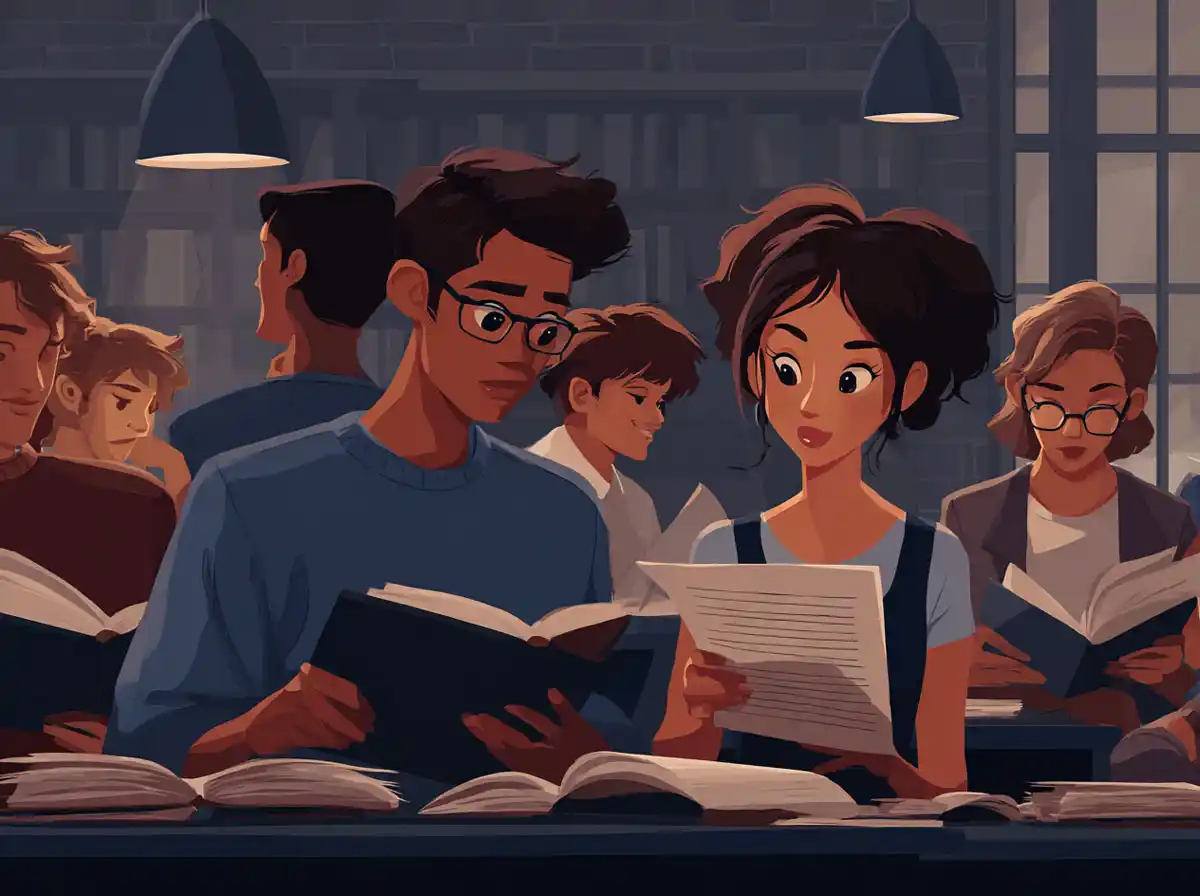Дзякуй (Dziakuj)
This word translates to ‘thank you’ in English. It is possibly the most common expression of gratitude and can be used in any situation where you feel grateful.
Твой падарунак вельмі мілы, дзякуй.
(Your gift is very sweet, thank you.)
Шчыра дзякуй (Shchyra dziakuj)
This phrase means ‘thank you very much’ or ‘sincere thanks.’ It’s used to express deeper appreciation for someone’s efforts or kindness.
Шчыра дзякуй за тваю дапамогу з праектам.
(Thank you very much for your help with the project.)
Калі ласка (Kali laska)
This phrase means ‘please’ and is used to make requests more polite. It can also be translated as ‘you’re welcome,’ responding to someone’s thank you.
Калі ласка, падай мне соль.
(Please, pass me the salt.)
– Дзякуй за тваю дапамогу. – Калі ласка.
(– Thank you for your help. – You’re welcome.)
Прасіце (Prasitse)
This is another form of the word ‘please’ that is often used in more formal settings or when asking for something.
Прасіце паказаць мне, як гэта працуе.
(Please show me how this works.)
Не за што (Ne za shto)
Translated as ‘not at all’ or ‘don’t mention it,’ this phrase is a common response to someone who has thanked you.
– Дзякуй, што падвез мяне дадому. – Не за што.
(– Thank you for giving me a ride home. – Don’t mention it.)
Віншую (Vinsuju)
This is the equivalent of ‘congratulations’ in English. Use it to congratulate someone on a celebratory event or achievement.
Віншую з нараджэннем дачкі!
(Congratulations on the birth of your daughter!)
Выбачайце (Vybachaitse)
This expression means ‘excuse me’ or ‘I am sorry.’ It can be used to apologize or to politely get someone’s attention.
Выбачайце, што я спазніўся.
(I’m sorry for being late.)
Запрашаем (Zaprashajem)
This word means ‘welcome,’ as in welcoming someone to a place or event.
Запрашаем у Беларусь!
(Welcome to Belarus!)
Ці можна (Ci mozna)
This phrase translates to ‘may I’ or ‘is it possible.’ It’s a polite way of seeking permission.
Ці можна мне зайсці?
(May I come in?)
By incorporating these expressions into your conversational Belarusian, you not only show respect to the native speakers but also enrich your language skills. So the next time you find yourself in a situation requiring politeness or expressing gratitude, these key phrases will certainly come in handy. Remember, communication is about more than just exchanging information; it’s also about fostering goodwill and building relationships, which starts with the simple act of being polite and thankful.










